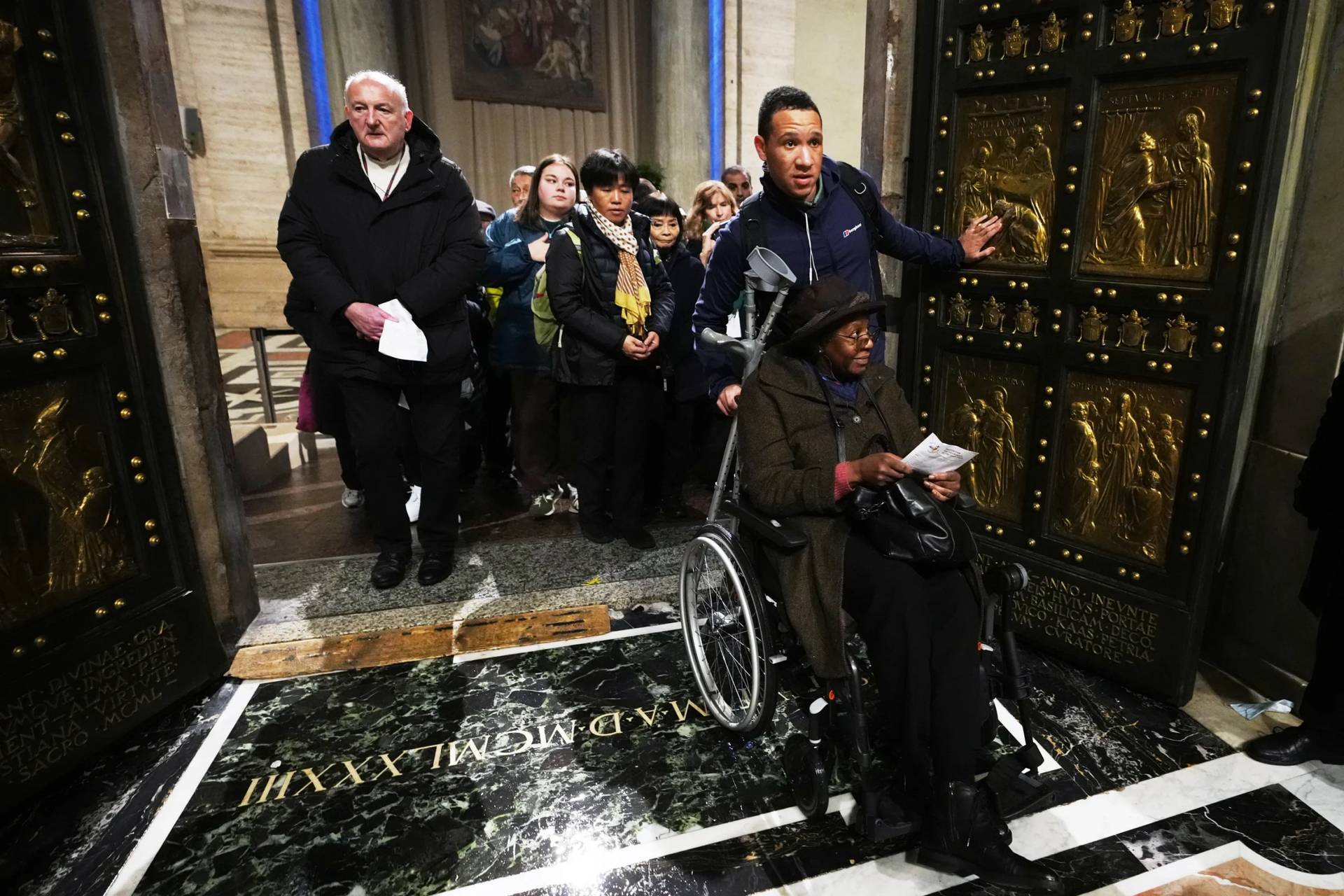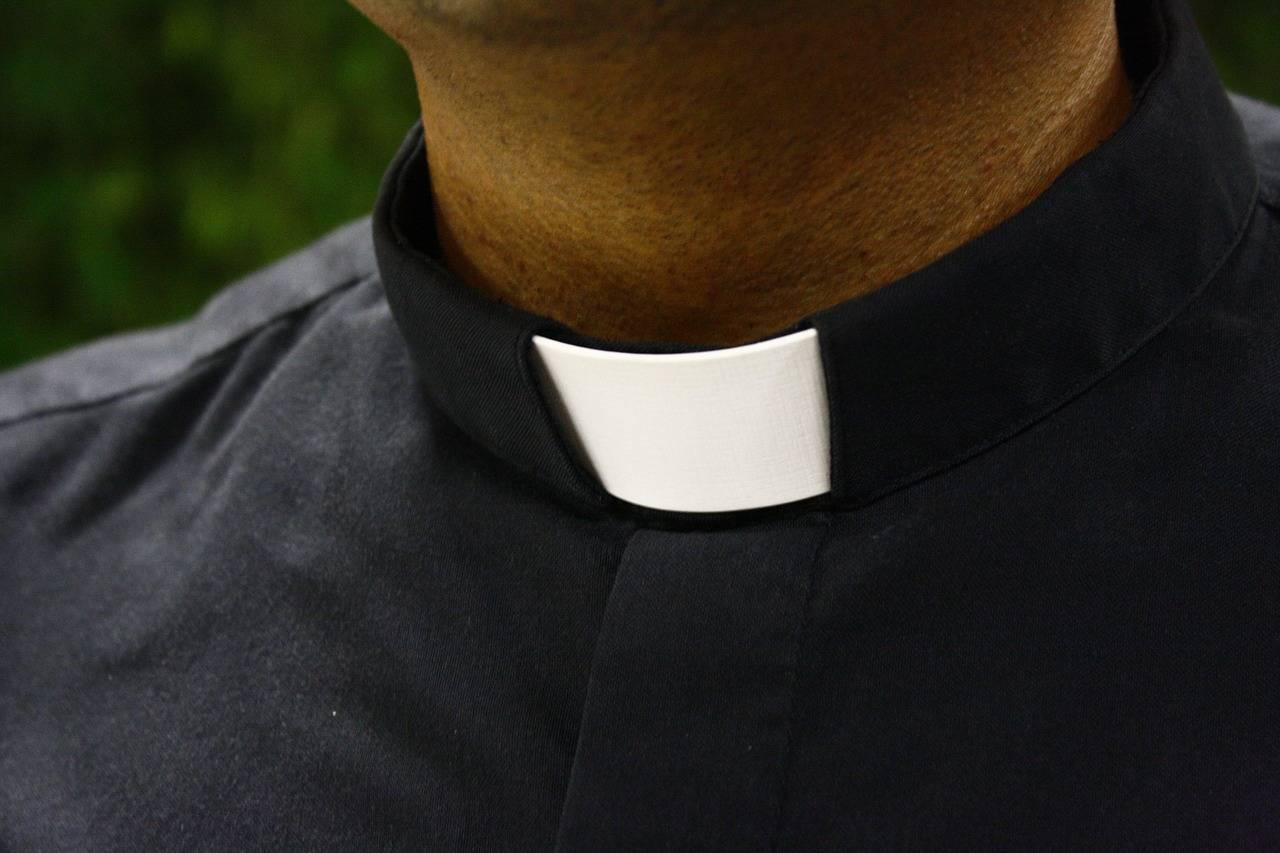SCOTTSDALE, Arizona – Over the weekend, Fides News Agency reported that the last Catholic hospital has been closed in Eritrea, a small and typically overlooked nation of 5 million located in the horn of Africa.
In recent weeks, some 22 Catholic hospitals and clinics have been forcibly closed in Eritrea in what some observers read as a reprisal for criticism by church officials of Isaias Afwerki, the incumbent and, to date, lone president of Eritrea since independence in 1991.
Eritrean officials assert that the closures are consistent with a 1995 law that limits the activities of religious groups, but many observers find that an unconvincing explanation for why the crackdown is coming only 24 years later.
An Eritrean priest living in the U.S. who spoke to Crux said that the country has a balance between Christians and Muslims, but Catholics are a tiny minority whose reach is amplified by its health care facilities.
“These clinics are spread throughout the whole country, and it is probably the major outreach that the Church is still allowed to do. The other forms of social activities by the Church were curtailed, limited by the government, [and] I think the main reason is that it is the most visible form of social outreach,” he said.
In Western democracies, concerns about secularism generally involve diminishing religious sentiments and a rising number of “nones” who profess no religion at all. Eritrea, however, is experiencing a much harsher version of secularism, one being imposed from the top down rather than happening organically from the bottom up.
The priest who spoke to Crux stressed that while Catholics are in charge of the healthcare centers, they serve all citizens of Eritrea no matter their religion. He said that in his view, this is not anti-Christian sentiment but anti-religious sentiment in general, and that the closures have put ill people at greater risk. A woman in labor died reportedly because she had no access to a clinic.
Catholic structures, he said, including a large Capuchin church, are “a sore in the eyes of these communists.”
“The Eritrean government is a self-proclaimed secular state, so they want to have the monopoly on all the social activities,” he said. “Nowadays it’s only the Catholic Church that has private health centers. The present president, the only one we have had, had training in China and training in Cuba. He has never diverted from that culture or formation that he got in his youth.“
Reports have suggested that the seizures were initiated in reaction to an April pastoral letter written by Eritrea’s Catholic bishops appealing for peace and national reconciliation. In response to these clinic closures, there is hope that the international community will pressure the government to reopen the clinics without harassing or arresting any bishops or medical personnel and compensating their losses.
In part, fears of harassment or arrest are based on the fact that the Orthodox patriarch has been under house arrest for many years though he is an elderly man. The priest who spoke to Crux said that “everybody is in danger in Eritrea. Every religious community is suspected in Eritrea today. Muslims are more suspected. The Muslims were the first ones to be attacked.”
But while he says the Catholic bishops “have the only voice” as an alternative to the government, their global reach is powerful.
They represent a small minority in the country, but “Catholics are universal so it’s the whole world that sees the letter (written by Eritrean expats demanding the reopening of the clinics). The bishops speak in the country, but one letter is smuggled outside and the diaspora magnifies it. The BBC and Voice of America and the German radio and major stations have talked about it, so also the UN. That’s what is infuriating the government … The Catholic Church is heard immediately all over the world.”
“The Orthodox don’t have the network that the Catholics have,” the priest said. “The patriarch has been under house arrest, [but] there is no aftermath from the news. Once it’s mentioned that’s the end of it. The diaspora has found in the Catholic Church a voice that speaks for the country.”
















